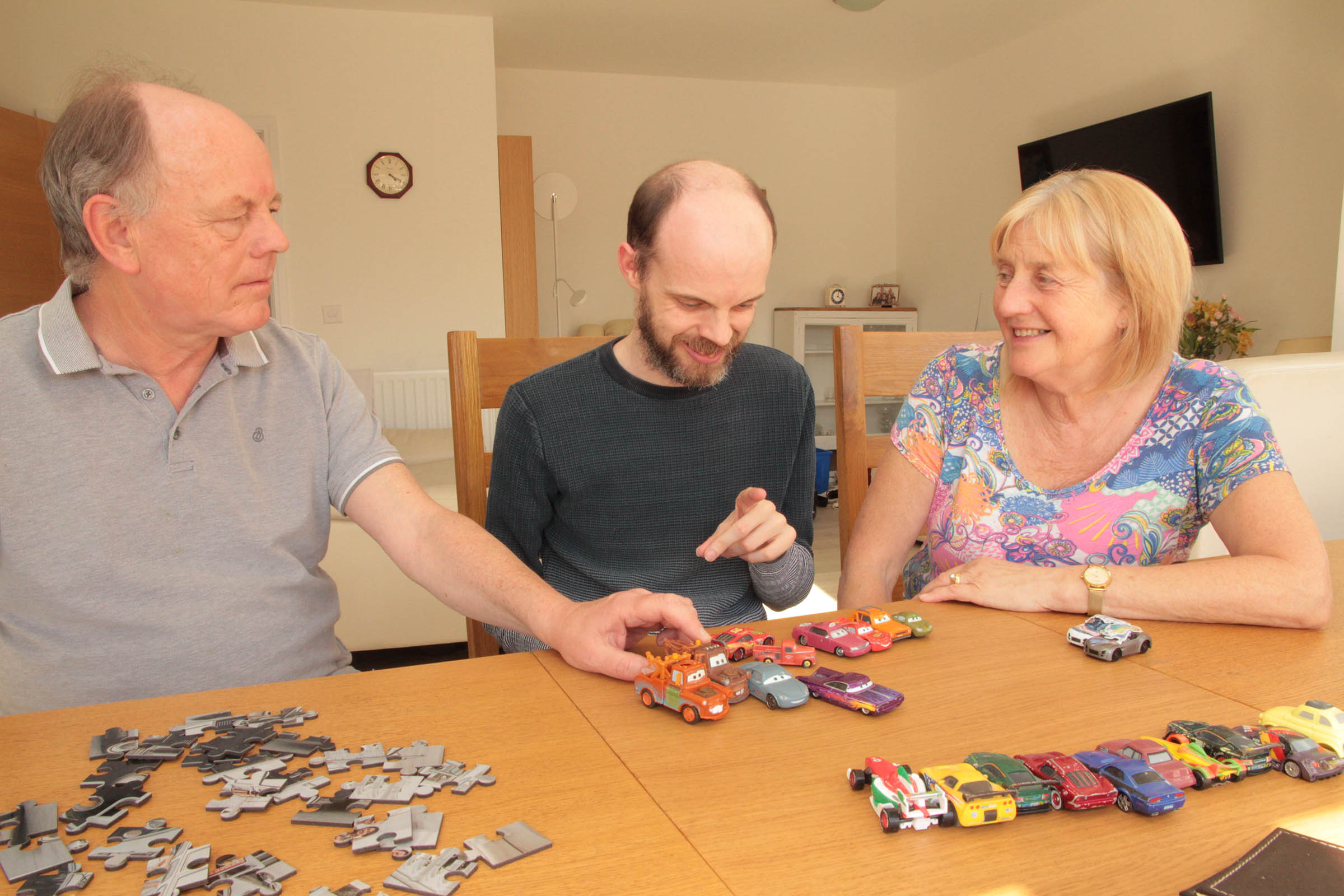Tax breaks announced for Shared Lives carers
By Alice Peycke, Ategi’s Head of Business Development
The government has recently announced that as part of their 2023 budget they’re providing an increased tax relief to Shared Lives carers and foster carers. Chancellor Jeremy Hunt has also announced improved support for care leavers and enhanced help for disabled people to enter the workplace, in his Spring Budget.
While many foster and Shared Lives carers do not pay tax on the payments they receive from their provider for their role due to the so-called Qualifying Care Relief (formerly ‘foster care relief’) scheme, the benefit this provides has been frozen for 20 years. Modest income rises have often been offset by tax.
Shared Lives, although relatively unknown, is an important social care option for adults with support needs in the UK, and at modest cost to the tax payer compared to other forms of social care. Shared Lives carers are self-employed, and frequently going far beyond expectations for those they support. Fees paid to Shared Lives carers across the country vary considerably, but many have not seen much of an increase over many years. People supported also pay a contribution towards housing costs and towards food and utilities. However, these contributions are modest, linked to benefits and fairly low and static. As the cost of living has increased, Shared Lives carers, who are the bill payers, have not benefited from the government’s cost of living payments despite frequently needing to keep their houses warmer or having higher energy use for the people they support.
The cost of living crisis had driven many foster and Shared Lives carers to seriously consider how viable it is to continue. At the other end of the spectrum, foster carers who want to keep supporting a young person with additional needs who is turning 18 face a difficult choice - to take a pay cut to support the same person, or to stop caring for this person.
The increased tax relief, also known as the Qualifying Care Relief (QCR), is a tax simplification available to carers that provides specific tax relief for care income. The relief allows carers to keep simpler records for their care activities and use a simpler method of filling in the self-employed pages of their tax returns.
For many years the qualifying amount for QCR has been:
- A fixed amount for each household of up to £10,000 a year; and
- £250.00 per person supported per week (for up to three people)
In the recent budget, the government announced that the new amount would be:
- A fixed amount for each household of up to £18,140 a year; and
- £450.00 per person supported per week (for up to three people)
This represents a tax cut worth about £450 a year on average, according to the Government.
Whilst this doesn’t resolve all the challenges for Shared Lives carers, it is a welcome change. In particular, it could have a larger impact on Shared Lives carers who support people with very complex needs. With the new QCR, these carers can earn significantly more money, and could see an increase could be worth as much as £8,000 a year, or more.
But while the Spring Budget announced significant extra funding for defence and childcare, there was no boost in core funding for children’s and adults’ services over what was set out in the autumn statement in November, to the disappointment of sector leaders. There was also no mention made of the housing emergency.
Care England Chief Executive, Martin Green, noted his concerns: "Against the backdrop of a workforce crisis and rising vacancies, the rising cost of living and increasing energy costs, the stabilisation of the adult social care sector should be the government’s priority in the coming months”.
The Budget also did not deal with the issue of public sector pay for 2023-24.
Whilst this Government is still failing to address the wider crisis in social care and its’ knock-on impacts on health care. Thousands of dedicated staff are struggling with the cost of living, care organisations are finding sustainability and recruitment challenging and, most importantly, people with support needs are too often unable to access the support they need.
For Shared Lives carers, and Shared Lives Plus who have campaigned to represent their #invaluablecontribution, this budget is a welcome but small boost, and also serves as recognition for the incredible work they do – a rewarding role making a huge difference to individuals.
Have you got what it takes to become a Shared Lives carer?

Short breaks carers, Martin and Liz, with their son Stephen.
A little bit about Shared Lives
A Shared Lives carer supports an adult who lives or stays in their home, or visits for support during the day. Shared Lives provides a home and family, integrated into the community, and a base from which people can build their confidence, skills and independence. People living in shared lives all have support needs which can include around their mental health, learning disability, sensory impairment, physical disability, autism or needing some extra support after leaving hospital.











About the author
Alice Peycke
Alice has worked in a number of charities and organisations in the UK and New Zealand, leading and developing a wide range of services. In New Zealand, Alice primarily worked on issues around homelessness and housing for health, local authority and a social landlord. Previously in the UK, Alice was part of the leadership team for Toynbee Hall, leading diverse services around wellbeing.